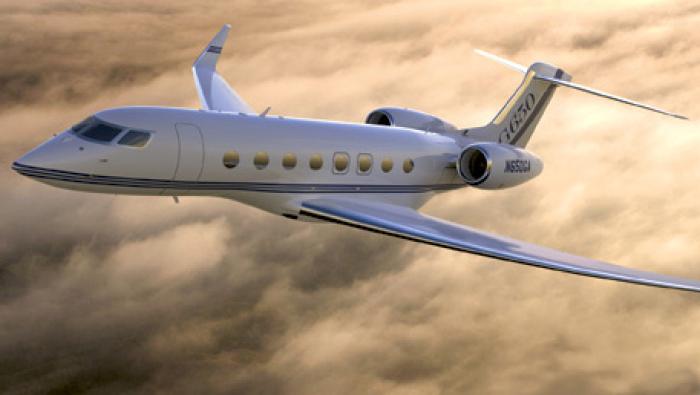A record order backlog for Boeing 737s has put Boeing Business Jet president Steven Hill in something of a quandary. On one hand, residual values on used airplanes keep rising, but a customer for a new airplane could have to wait 10 years for delivery. “That is a turnoff” for potential customers, conceded Hill, although Boeing Business Jets (Booth No. 7479) itself continues to see its own backlog grow to unprecedented levels.
In fact, during last year’s EBACE show, Boeing Business Jets reported a total order count of 135 airplanes after taking orders for a then-record 27 airplanes since the 2006 edition. This year Boeing Business Jets has set yet another record–this time for 33 airplanes worth $4.2 billion–taking cumulative orders for the company to 168. All told, including nine airplanes sold before Boeing Business Jets was incorporated in 1996, the company has sold 177.
“How long this can continue is anybody’s guess,” said Hill, whose company’s total backlog now sits at $7.66 billion. “Is there a cycle? Are we moving toward a peak? We don’t think so.”
But while the market continues to grow beyond all expectations with the number of billionaires in the world, he conceded that the growth in the number of proposals written recently has begun to slow, precisely due to the aforementioned availability problem, Hill said.
Current owners of Boeing Business Jets have no problem seeing the bright side, however, as sales figures for used BBJs have shown an increase in residual values on the order of 130- to 150-percent over the span of seven years. Availability has become so low, said Hill, that when an owner turns in a used airplane for resale, it goes in a matter of two to three months.
Unfortunately for those in the market for a new airplane, Boeing’s over-commitment of delivery slots means that cancellations on the commercial side will not result in any “pop-up” airplanes for potential business jet buyers. Although the company has managed to clear its commitment for next year, it must “manage” another 80 slots for 737s in 2010 and a still higher number in 2011 and 2012, said Hill.
Of course, delays to the 787 program certainly won’t help the problem of scarce availability of VIP variants of the Dreamliner. Still, Boeing Business Jets has now sold 16 of the airplanes in all.
Meanwhile, the fuselage and other major airframe components of the first BBJ3–the latest and largest of Boeing Business Jets’ 737-based executive transports–has left Spirit Aerosystems’ factory in Wichita on its way to Renton, Washington, for final assembly. Hill said the airplane is on schedule for green delivery in July for installation of auxiliary fuel tanks at the Decrane Aircraft Systems Integration Group (PATS) Delaware facility. Boeing expects the first completed airplane to enter service early next year. The company has now sold eight of the new BBJ derivatives, five since last year’s EBACE.
Hill called the BBJ3 the airplane of choice in the Middle East due to its size and payload capacity. “In the Middle East, size does matter,” he quipped.







